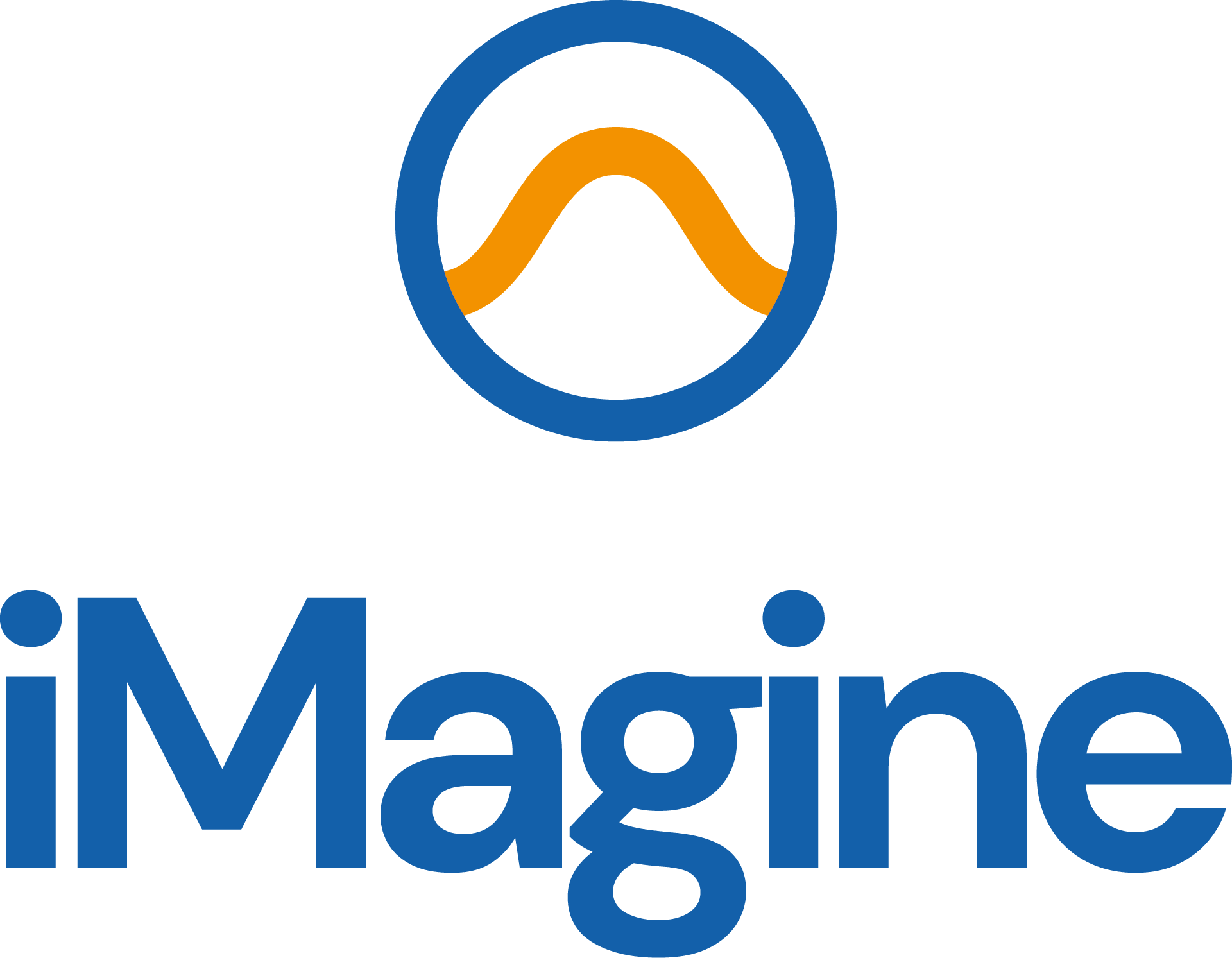iMagine Project Concludes: Pioneering AI in Aquatic Image Analysis

iMagine project officially wrapped up on 31 August 2025. Running from September 2022 through August 2025, iMagine was designed to revolutionise how marine and freshwater ecosystems are monitored using advanced AI, open science, and shared infrastructure.
Project Mission
iMagine set out to bridge the gap between aquatic science research communities (freshwater + marine) and digital innovation. It aimed to provide open access to AI-powered image analysis tools, datasets, and best practices.
The project built a scalable shared IT platform, enhancing existing image‐analysis services, developing new ones (prototypes), collecting datasets, and codifying best practices.
iMagine AI Platform and Services
The cornerstone achievement of iMagine is the iMagine AI Platform, a powerful digital environment created to transform how aquatic research communities use image data. Instead of being limited to a single tool, the platform serves as a flexible hub where scientists can build, train, test, and share AI models tailored for large-scale image processing. It supports the whole workflow of machine learning: from uploading and annotating datasets, through training and validating algorithms, to deploying operational services that are ready for immediate use.
Technically, the platform runs on a federation of cloud services (drawing on four providers within the EGI Federation) and offers scalable GPU/CPU power along with extensive storage to handle the heavy computational load that AI requires. Its design is tightly connected with broader European initiatives, ensuring that it aligns with common standards and reaches a wide research audience.
As an open-access infrastructure, the platform removes barriers for aquatic scientists around the world: users can access advanced AI tools without needing to purchase or maintain their own costly hardware. This encourages collaboration, transparency, and knowledge exchange across the community. Importantly, the iMagine AI Platform is intended to remain as a long-term shared resource, offering free access for researchers throughout Europe and beyond.
Building on this backbone, iMagine delivered a suite of specialised AI services and models developed with domain experts. More than a dozen applications were created, reflecting a wide variety of aquatic science needs, from pollution detection to biodiversity monitoring. Together, these services demonstrate how AI can be embedded into day-to-day research practice.
The project also provided ready-made models that others can reuse or further train, along with user-friendly services that allow non-specialists (such as marine scientists or environmental managers) to run sophisticated image analyses without technical barriers. Developers can adapt these resources to new contexts, spurring iterative innovation. Since the software and models are openly licensed, they create a foundation for future products and services. This has direct benefits for businesses as well: SMEs, startups, and service providers in areas like the blue economy, geospatial analysis, and environmental consultancy can repurpose iMagine’s outputs to launch new offerings without having to start from zero.
Looking Ahead: Impact and Legacy
The services and tools developed are positioned to strengthen environmental monitoring in Europe (and beyond), providing scalable tools for such tasks as assessing marine litter (aligned with EU policies like the Marine Strategy Framework Directive), detecting oil spills, monitoring biodiversity, and more
The AI platform and services built under iMagine aim to sustain usage by researchers, agencies, NGOs, etc., facilitating future developments.
Imagine has also contributed to capacity building through training, documentation, user support, and standardised protocols, facilitating uptake.
"The main lesson learned is that the approach we applied, which integrates technologies and support teams, helped break through the uptake of artificial intelligence for the challenging image-processing domain", said Gergely Sipos, iMagine Technical Director, EGI Foundation.

